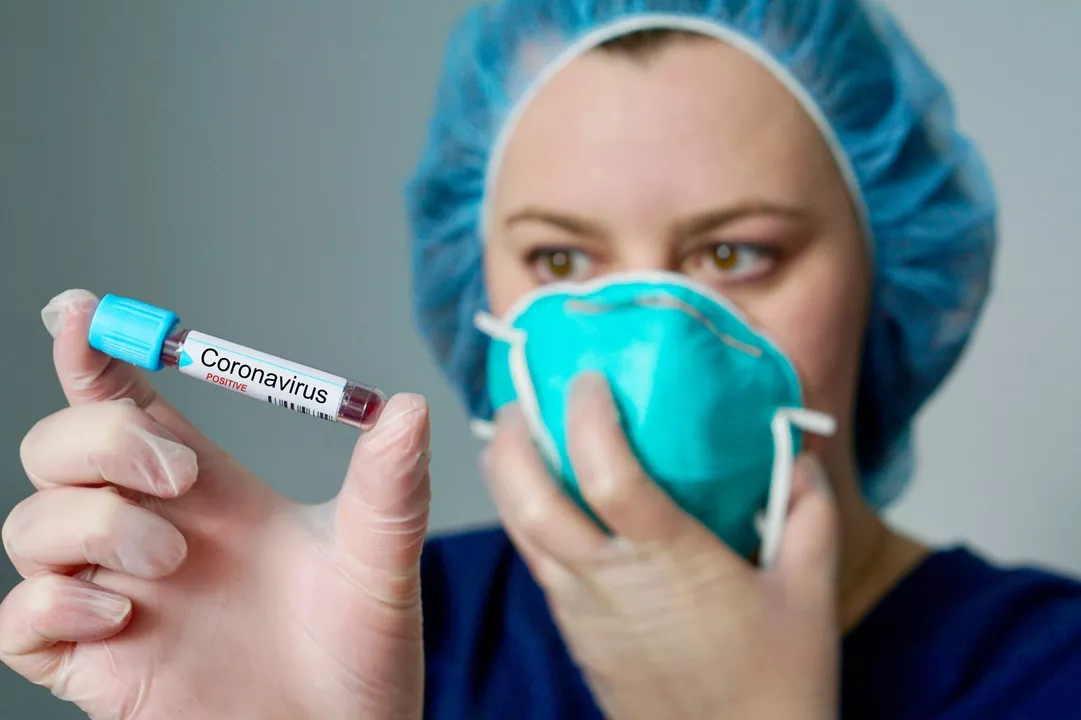Non-Pharmaceutical Interventions: Simple Steps That Really Help
Non-pharmaceutical interventions (NPIs) are everyday actions and habits you can use to feel better, prevent illness, or improve long-term health—without relying on pills. Think sleep, movement, diet, stress tools, hygiene, and home changes. These aren’t gimmicks; they are practical moves you can start this week.
Start with what matters most: sleep and routine. Aim for a consistent bedtime and wake time, even on weekends. Good sleep helps mood, pain tolerance, blood sugar, and immunity. If falling asleep is hard, wind down one hour earlier: dim lights, put phones away, and try 10 minutes of slow breathing or a short stretching routine.
Move in ways you enjoy. Exercise doesn’t mean a gym membership. Brisk walking, cycling, gardening, or a 20‑minute bodyweight circuit three times a week lowers inflammation, eases joint pain, and improves blood sugar control. If you have chronic pain, split activity into short bursts—five to ten minutes—throughout the day to build tolerance without flaring symptoms.
Stress, breath, and mindset
Chronic stress makes almost everything worse. You don’t need long meditation sessions to get benefits. Try short, daily practices: five minutes of guided breathwork, three minutes of box breathing before a meeting, or a 10‑minute walk without headphones. Cognitive tools like setting one small goal per day or writing down two wins each night can lower stress and improve sleep.
Practical home and daily habits
Small environmental tweaks add up. Improve indoor air with a houseplant or a HEPA filter if you live in a polluted area. Keep humidity comfortable to help nasal passages. For infection control, basic hygiene—regular handwashing, cleaning high-touch surfaces, and staying home when contagious—still matters. If you share a space with someone at risk, prioritize good ventilation and avoid close contact during acute illness.
When to combine NPIs with medicine: NPIs are often first-line or complementary. For chronic conditions like arthritis, diabetes, or mild anxiety, these habits can reduce medication needs or make drugs work better. But if symptoms worsen, you experience high fever, sudden shortness of breath, severe pain, or rapid weight loss, see a clinician. NPIs should not replace urgent medical care.
Measure what matters. Pick one or two goals—sleep time, steps per day, or a pain score—and track them for four weeks. Small, consistent wins are more powerful than big, short-lived changes. If you hit a wall, ask a professional: physiotherapists, dietitians, and counselors give targeted plans that fit your life.
Try this one-week starter: pick a single target—sleep 7 hours, 30 minutes of walking, or swapping two sugary drinks for water. Set a single daily reminder on your phone and record success with a checkmark. After seven days, add another habit. If motivation drops, recruit a friend or join a short program. Small, steady steps build habits that last far better than big, sudden overhauls. Repeat.
Start small, stay consistent, and mix approaches. Non-pharmaceutical interventions are tools you control. Use them to reduce symptoms, boost resilience, and improve quality of life—one habit at a time.
The role of non-pharmaceutical interventions in containing novel influenza outbreaks

In today's blog post, I want to discuss the crucial role non-pharmaceutical interventions play in containing novel influenza outbreaks. These interventions are essential, especially during the early stages of an outbreak when vaccines and antiviral medications may not yet be available. Examples of non-pharmaceutical interventions include practicing good hygiene, wearing face masks, and implementing social distancing measures. These simple but effective actions not only limit the spread of the virus but also help reduce the burden on healthcare systems. Remember, by adopting these practices, we can all contribute to halting the spread of novel influenza and protect our communities.
- April 29 2023
- Tony Newman
- 20 Comments
